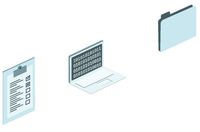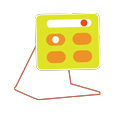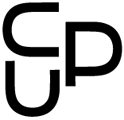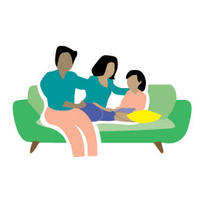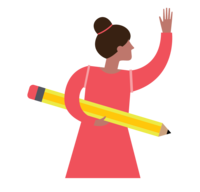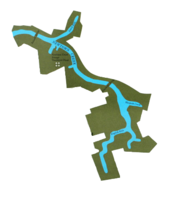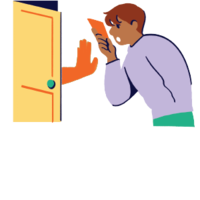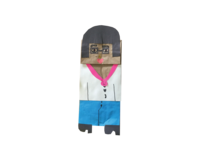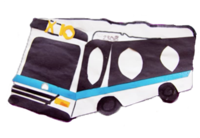Help CUP build the democracy we need
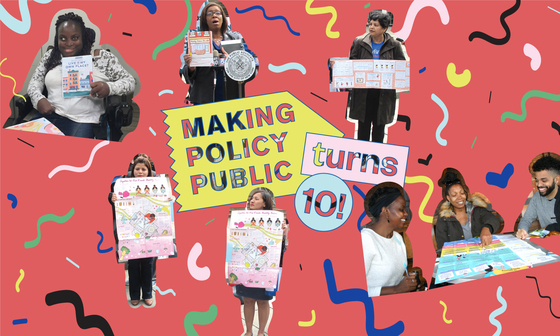
Ten years ago, we launched our Making Policy Public program with the simple idea that good visuals and clear language could make policy — something so ubiquitous in our lives and yet so hard to understand — more accessible to all.
We found out there was so much more to it.
Our first project, Cargo Chain, helped over 9,000 longshoremen get a $10/hour increase in pay.
Street Vendor Project used Vendor Power!, our second project, to get the City Council to reduce vendor fines, and vendors still use it to navigate city rules today.
We Care! helped domestic workers across the country know and act on their rights.
Our project with CAAAV on rent-stabilized tenants’ rights led to major victories in Chinatown where landlords were required to make renovations for tenants. That project went on to be used by the Department of Housing Preservation and Development in their own work citywide.
Will you make a donation now to support more of this work?
Through Making Policy Public, we learned that the process we created — working directly with organizers and members of their communities on issues they’ve identified as critical — could lead to real impacts in people’s livelihoods, safety, and well-being.
We also learned that the core of our collaborations, the commitment to creating materials with real input from real people, reflecting their own experiences, is what builds the trust that makes this work effective.
When a nail salon worker, a migrant farmer, a tenant, an asylum seeker, an uninsured person in need of medical care receives one of our projects it makes sense to them. They know the person who gave it to them, recognize the people it depicts, relate to the story it tells, and understand the information it contains and the words it uses.
And they trust it. They trust it to guide them through a confusing process. To help them assert their rights or access services. And to fight for social change.
Because of your support over the last decade, we’ve worked with 40 organizations and 48 designers, and helped over 150,000 people get information they needed and could act on in moments meaningful to them.
But that’s not enough. Because right now we need all these tools and more to uphold our democracy. If there has ever been a time when marginalized communities need to know their rights, need the tools to force a seat at the table, and need allies with whom to deploy power, it is now.
As many of our partners have told us “This project never would have happened without CUP. No one else is doing this work.”
Your partnership is critical in making sure the work continues, and that the right tools can be created and can get into the hands of those who need them now.

